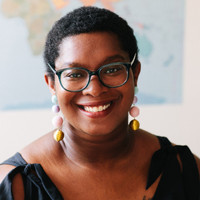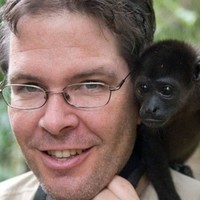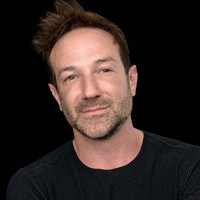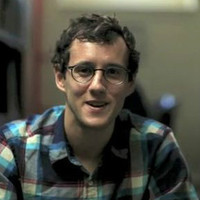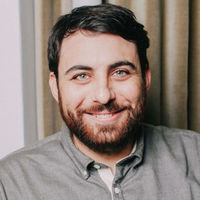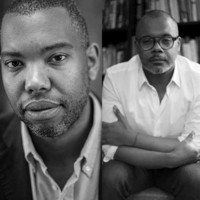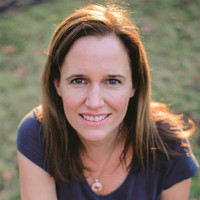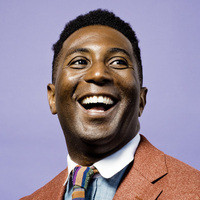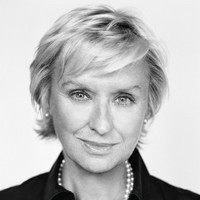Salman Rushdie is not afraid
An interview with the author.
"We live in a frightened time and people self-censor all the time and are afraid of going into some subjects because they are worried about violent reactions. That is one of the great damaging aspects of what has happened in the last 20 years. Someone asked me if I was afraid to write my memoirs. I told him: 'We have to stop drawing up accounts of fear! We live in a society in which people are allowed to tell their story, and that is what I do.' I am a writer. I write books."
